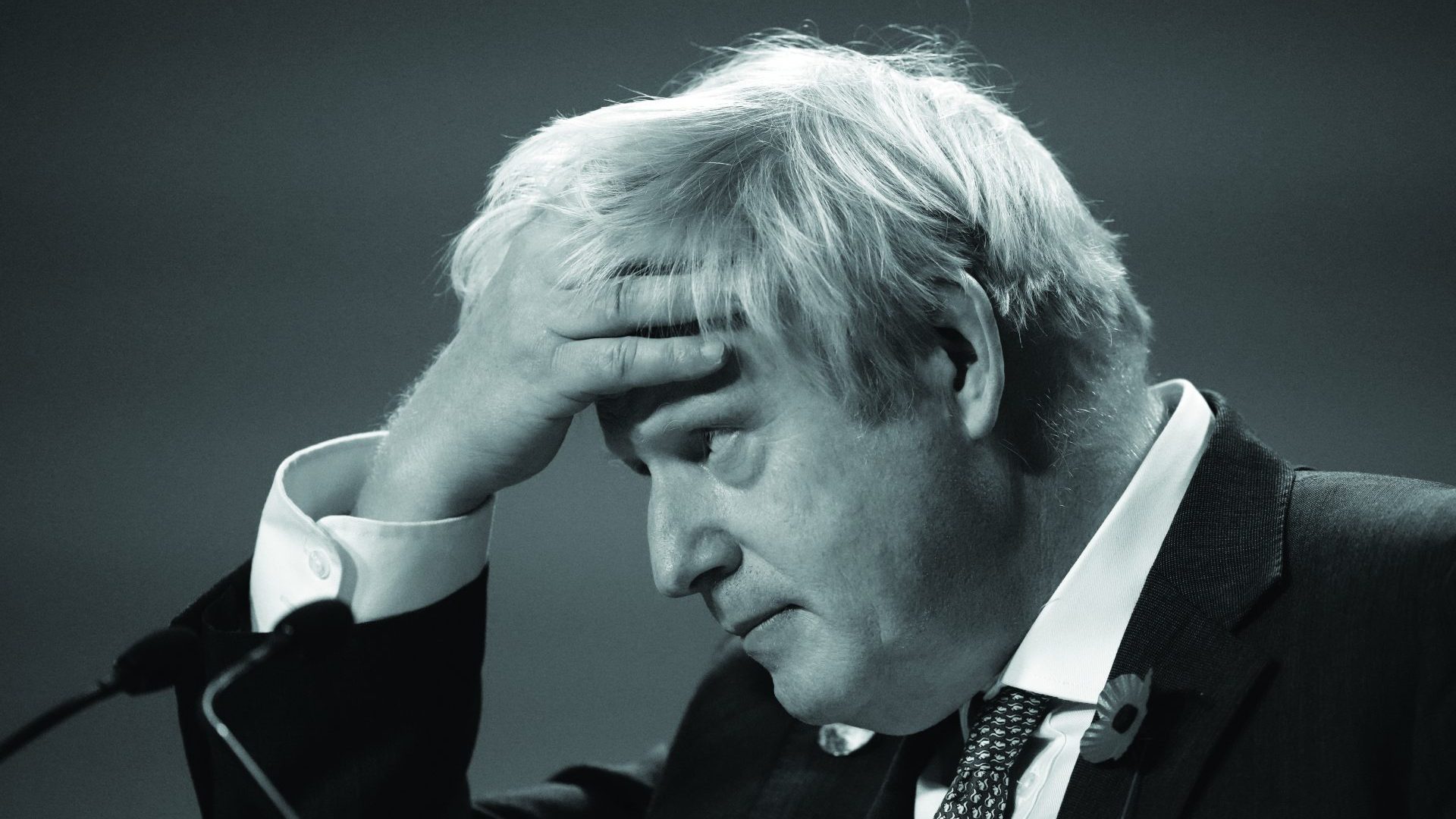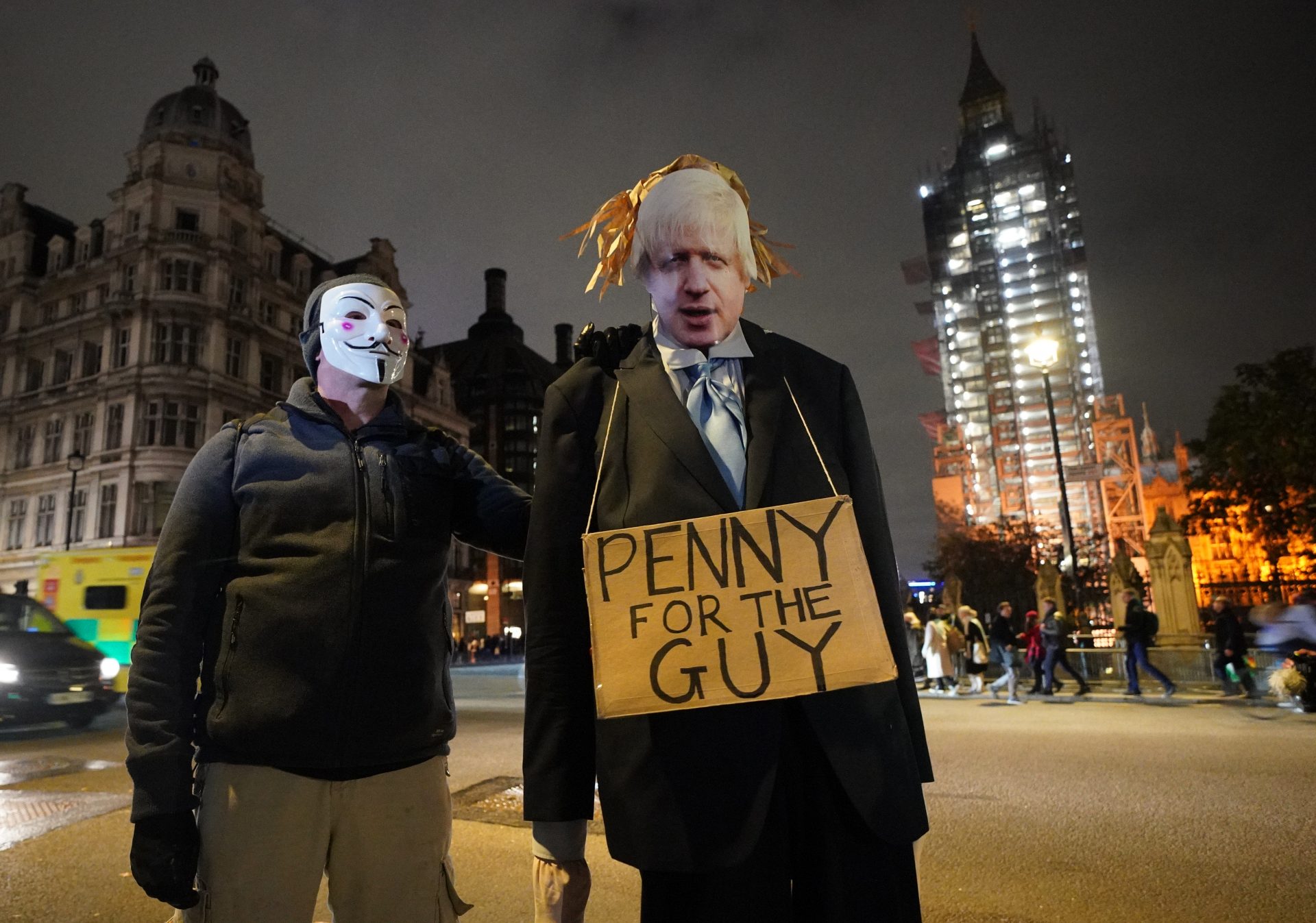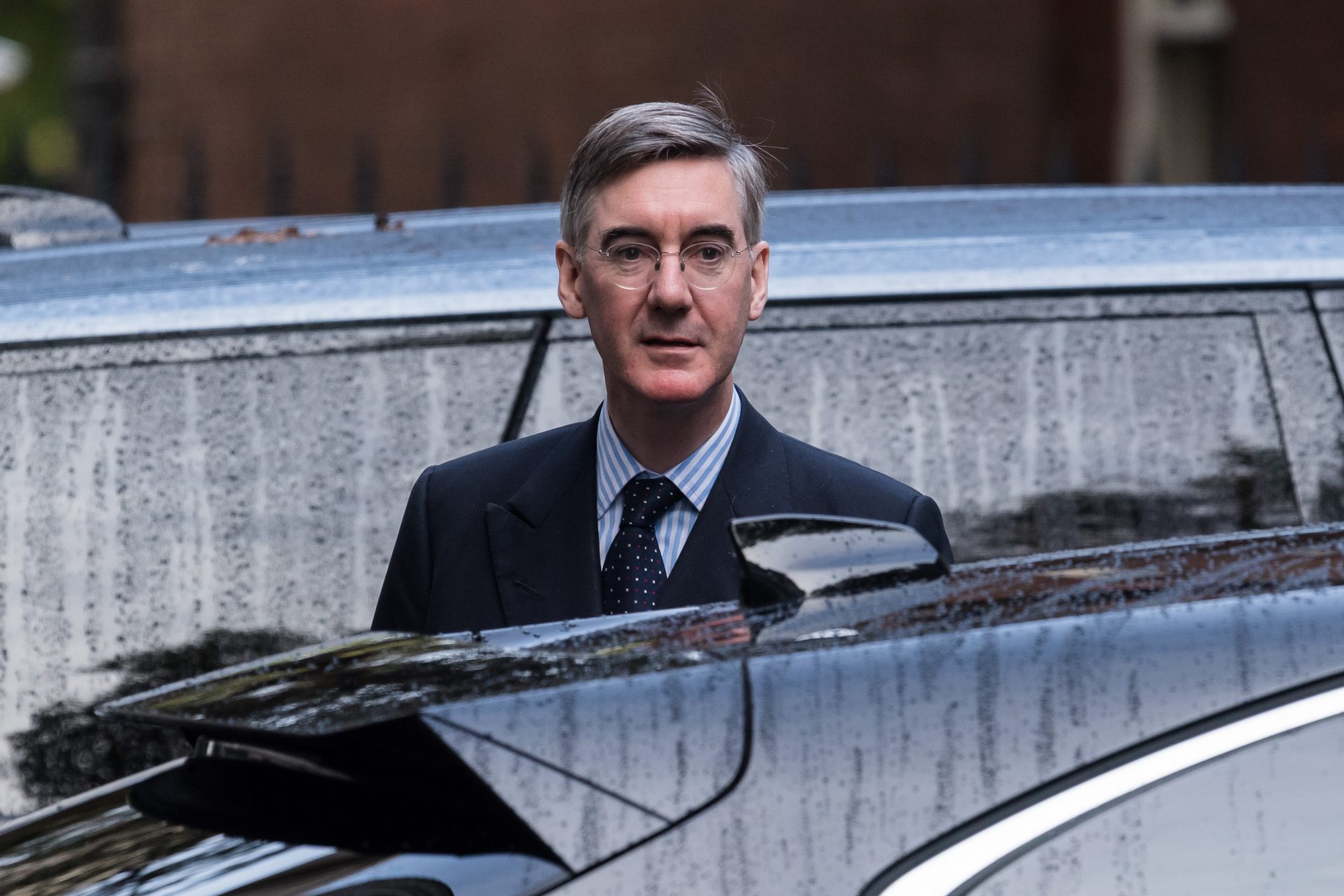This has been a grim few days for anyone who cares about the public reputation of parliament and British politics. Many voters already believed, wrongly, that “MPs are only in it for themselves”. The reputation not just of the government but of parliament and all politicians has taken another hammering.
After an act of spectacular misjudgment over Owen Paterson, Boris Johnson will find it much harder the next time he tries to cajole Conservative MPs to support an unpopular and controversial measure, as every government from time to time must do.
The temptation for ministers and MPs will be to treat this episode as a one-off. They should not. What happened last week was the latest example of how the checks and balances, often informal, that are essential for a free society are now under strain.
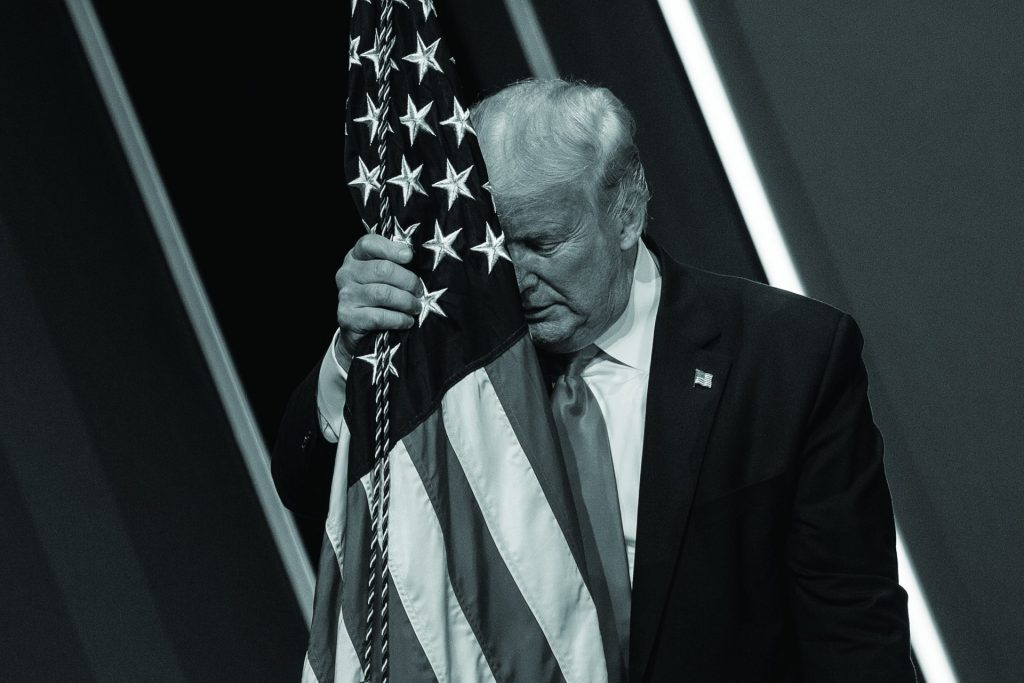
It’s not only in the UK that we can see the stress marks. In the United States, political polarisation has destroyed collaboration across the aisle in Congress and turned judicial nominations into an ideological battlefield. Across Central Europe, governments battle with their own courts and media, and with the EU over the extent to which an electoral mandate should trump treaty obligations or constitutional norms.
The fundamental purpose of constitutions and basic laws is to put limits on those who have power, and what we now see in many democracies is the impatience of leaders with checks and balances, with limits to the power of the executive to get its own way.
In the United Kingdom, there is no single document that sets out how power is to be exercised and limited. Our constitution is expressed through a web of acts of parliament, court judgements, residual prerogative powers of the crown, custom, practice and convention.
There have always been tensions and clashes between government, parliament and the courts. The executive has always striven to add to its powers. William Gladstone, the 19th century Liberal prime minister, forced through the “guillotine” procedure to curtail parliamentary debate to overcome filibustering by Irish Home Rulers. Tony Blair introduced programming, requiring all legislation to be completed within a set number of hours and days.
Some of this is hard-baked into the system. In my experience, the civil service, though politically impartial, was definitely pro-executive. I remember officials wanting to resist an unwelcome but still binding Commons resolution to disclose information to parliament and a senior diplomat telling me, only half tongue-in-cheek, that the Foreign Office regarded the House of Commons as “a medium-sized foreign power with rather uncertain intentions towards us!”
What is concerning is the Johnson government’s appetite to challenge, set aside or disregard so many constraints on executive power. The government frequently asserts the central constitutional importance of parliamentary sovereignty, yet in its actions too often seeks to sidestep that same parliament.
The events of last week are part of a pattern: briefing government announcements to the press before parliament, the prime minister’s reluctance to give evidence to parliament’s liaison committee, enthusiasm for governing through regulations issued under enabling powers, the misuse of ancient crown powers to prorogue (aka suspend) parliament for political reasons, and proposals to limit judicial review – the right of citizens to ask a court to review whether an official or minister has acted lawfully.
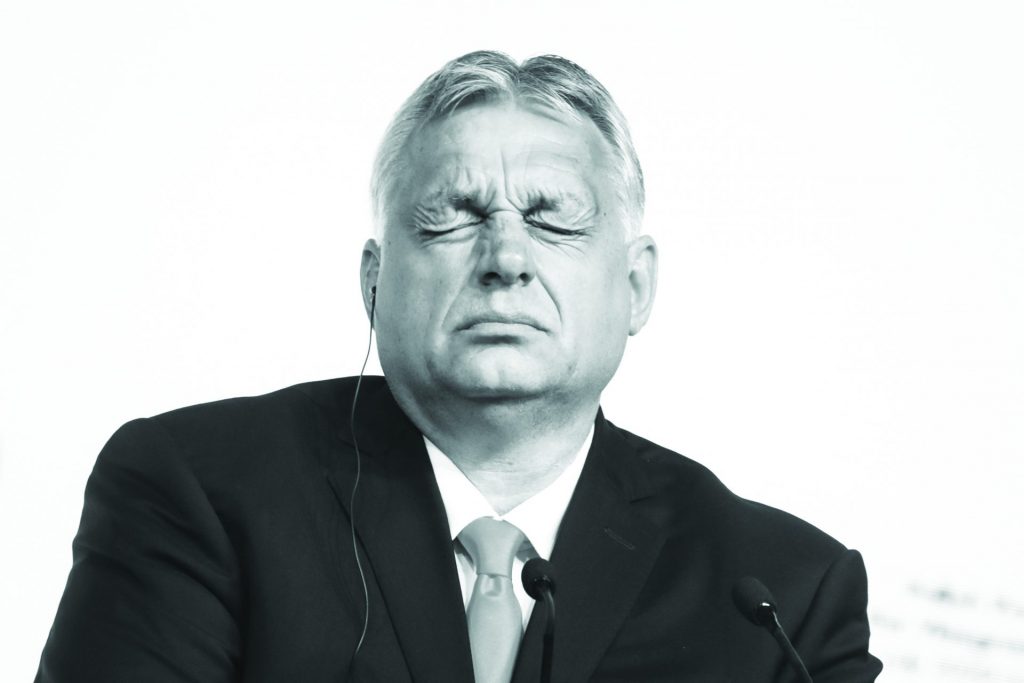
The common thread is to accrue power to the executive and dilute or eliminate checks and balances.
It is a mistake. There are good reasons why the idea of limited government has been central to Conservative thought: awareness of human fallibility, mistrust of grand schemes to remake complex human societies, and the need to secure losers’ consent for the legitimacy of government action by providing an opportunity for decisions to be questioned and challenged by those who are not in office.
There is also a strong self-interest reason for a government to think long and hard before dispensing with checks on its powers. No party is in office for ever. Fewer than a quarter of today’s Tory MPs have experienced opposition.
It is a good habit, before acting to enhance executive power, for ministers and their supporters to think whether they’d be happy for those powers to be exercised by a government run by their political foes.

